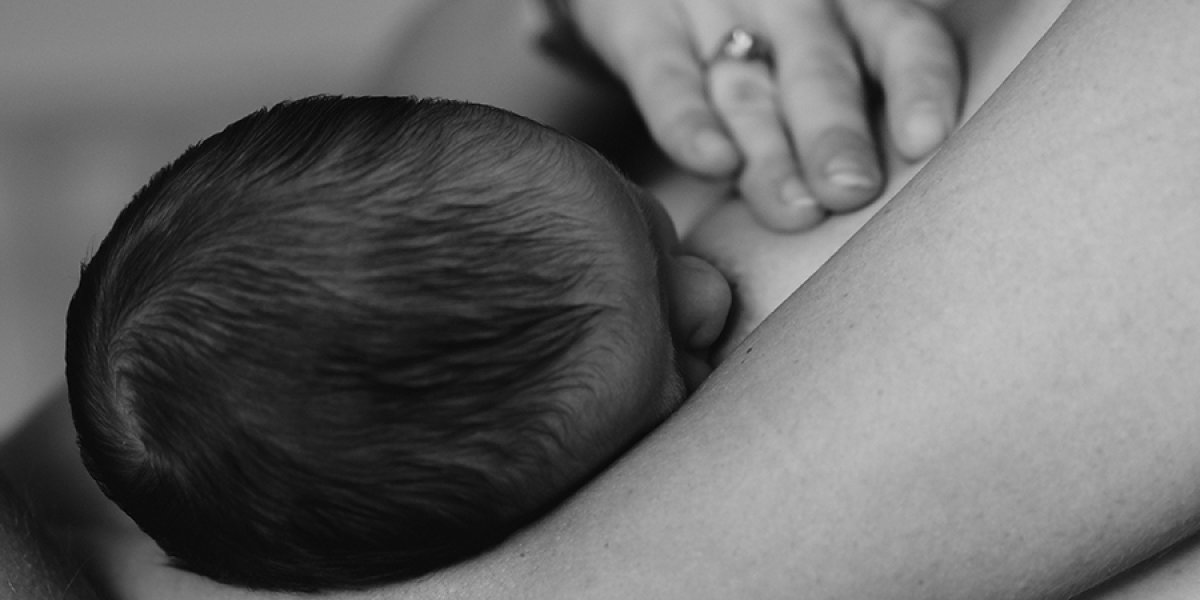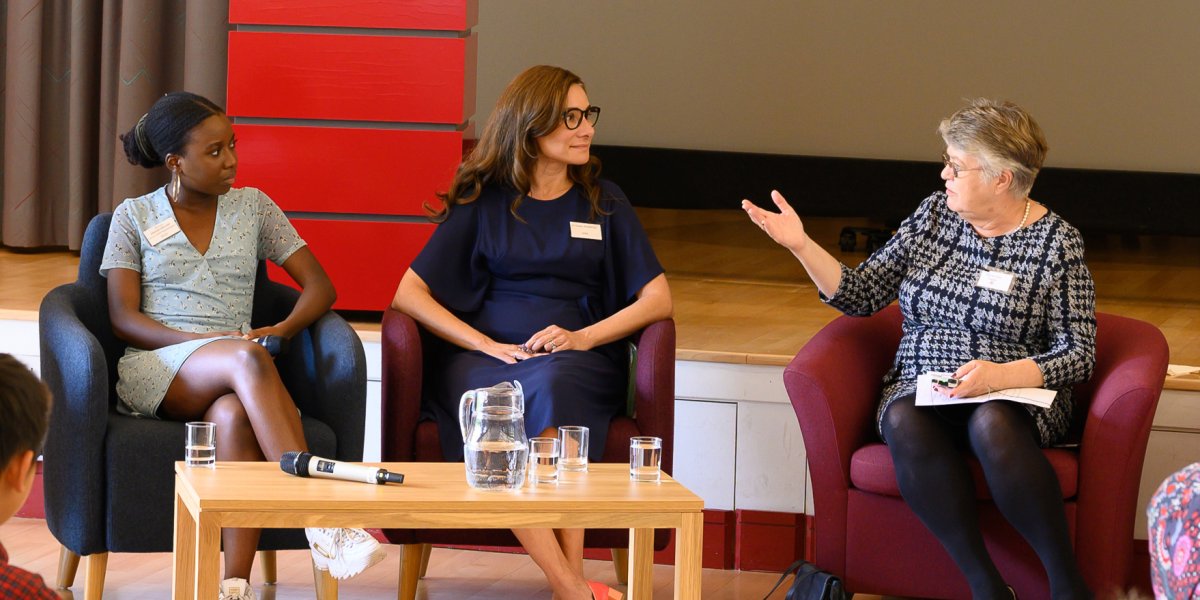Marvellous milk cells: unravelling the secrets of the human breast
Marvellous milk cells: unravelling the secrets of the human breast
Breastfeeding can be central to the experience of having a baby, but human milk may now have another significant role in science.
Pregnancy and lactation could influence an individual’s breast cancer risk. But until now, it has been difficult for scientists to understand the changes that occur in the mammary gland (or breast) for expectant and new mothers due to the challenge of acquiring human tissue samples.
Cambridge researchers have recently discovered an intruiging solution to this issue: using live cells from human milk, and comparing them to resting, non-lactating breast tissue. They have identified two populations of milk producing cells and immune cells for further study, enabling scientists to better understand not only how the breast produces milk, but also the metabolic changes that occur during lactation which may modify the risk of cancer.
Join a Cambridge biologist and leading lactation expert as she discusses this groundbreaking research, and explains more about the secrets of the human breast.
Speaker
Dr Alecia-Jane Twigger

Dr. Alecia-Jane Twigger is a Research Associate at the Department of Pharmacology and Cambridge Stem Cell Institute, where she has been since 2019. After receiving her PhD from the University of Western Australia, she was awarded two fellowships to undertake her first postdoctoral experience in Germany, including one from the International Society for Research into Human Milk and Lactation.
Today she is working to better understand how lactation impacts the long-term health outcomes of the mother-infant dyad; in particular how this changes the breast cancer risk for breastfeeding mothers.

